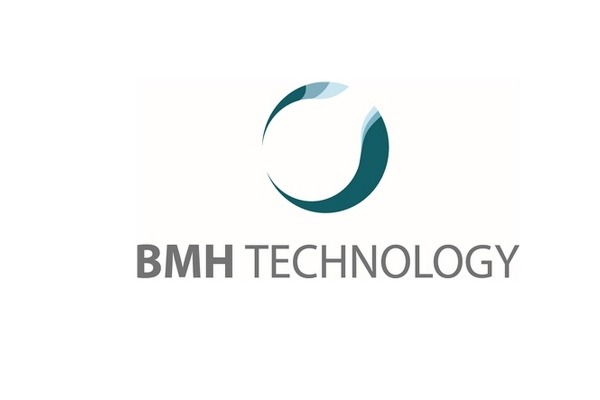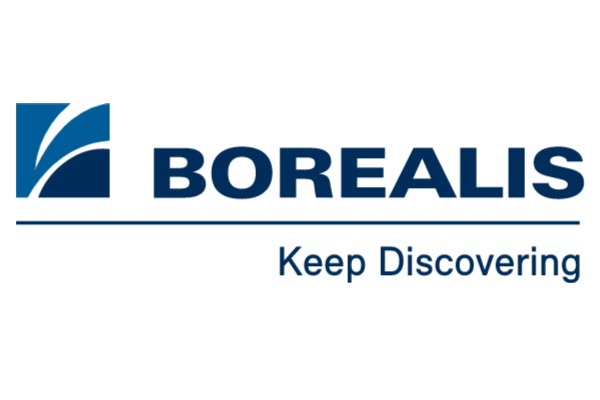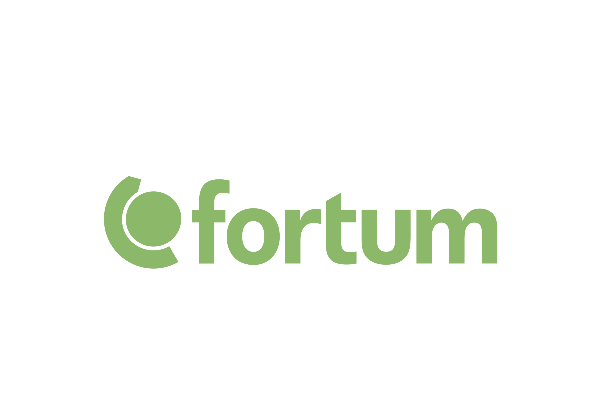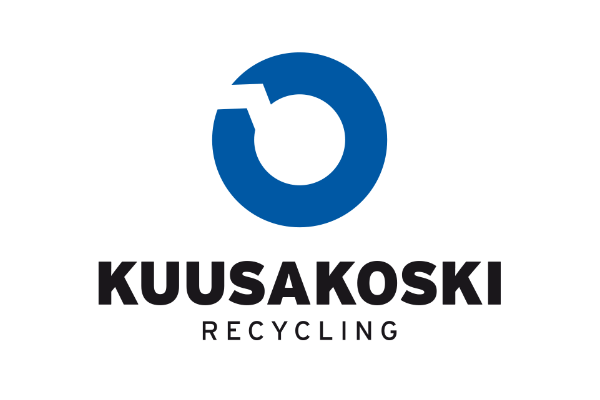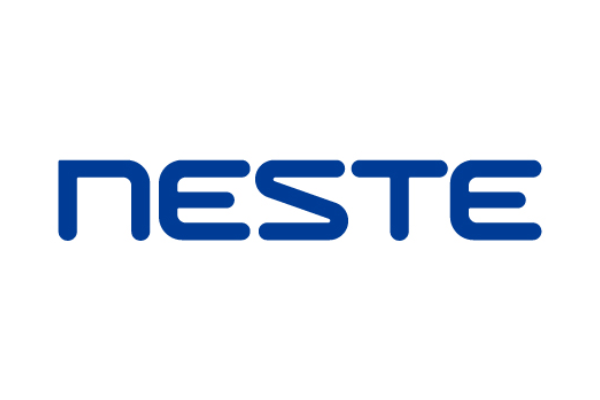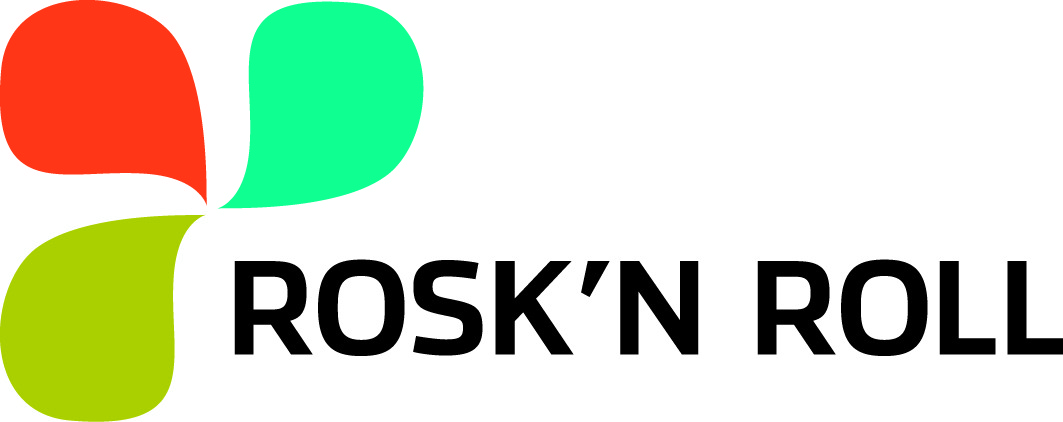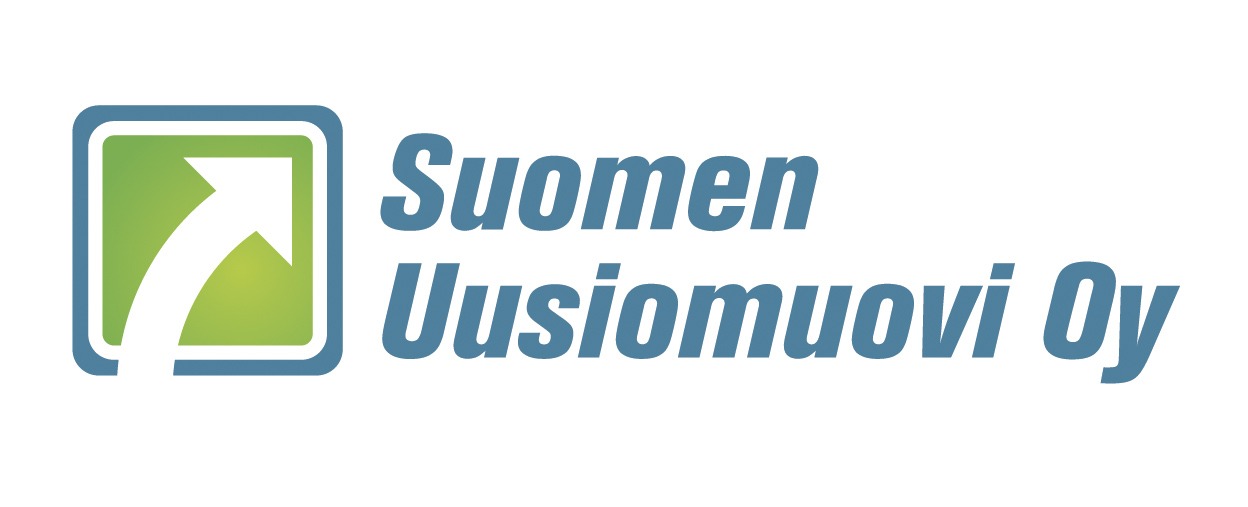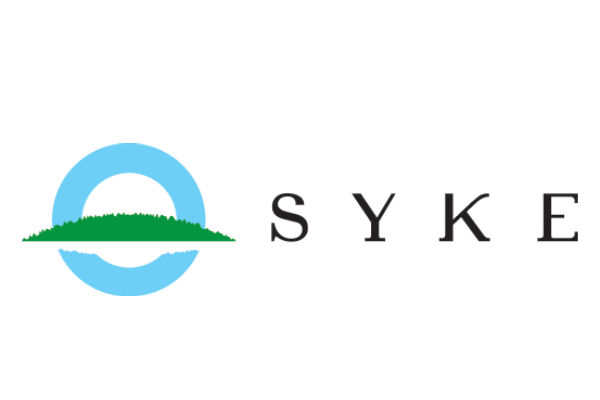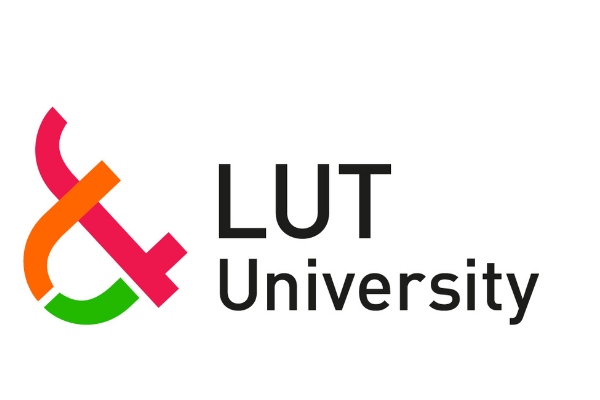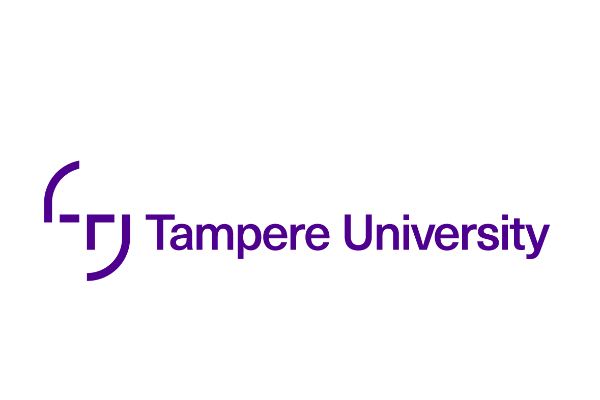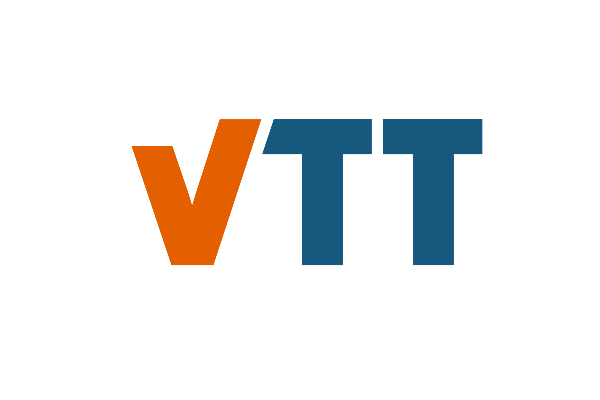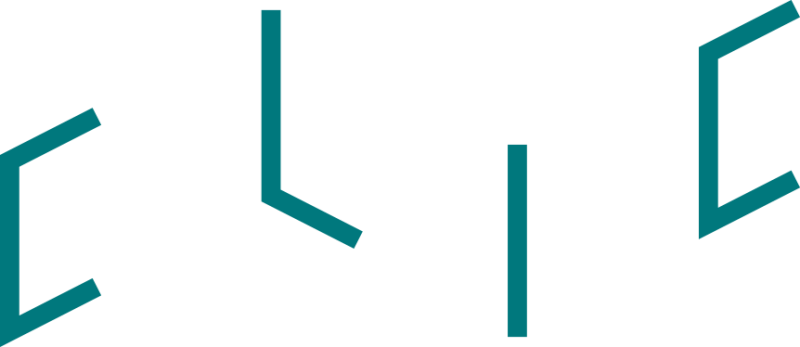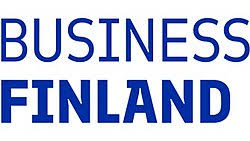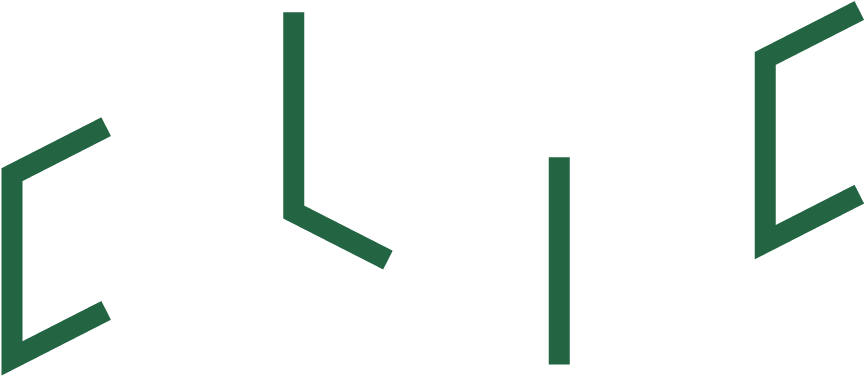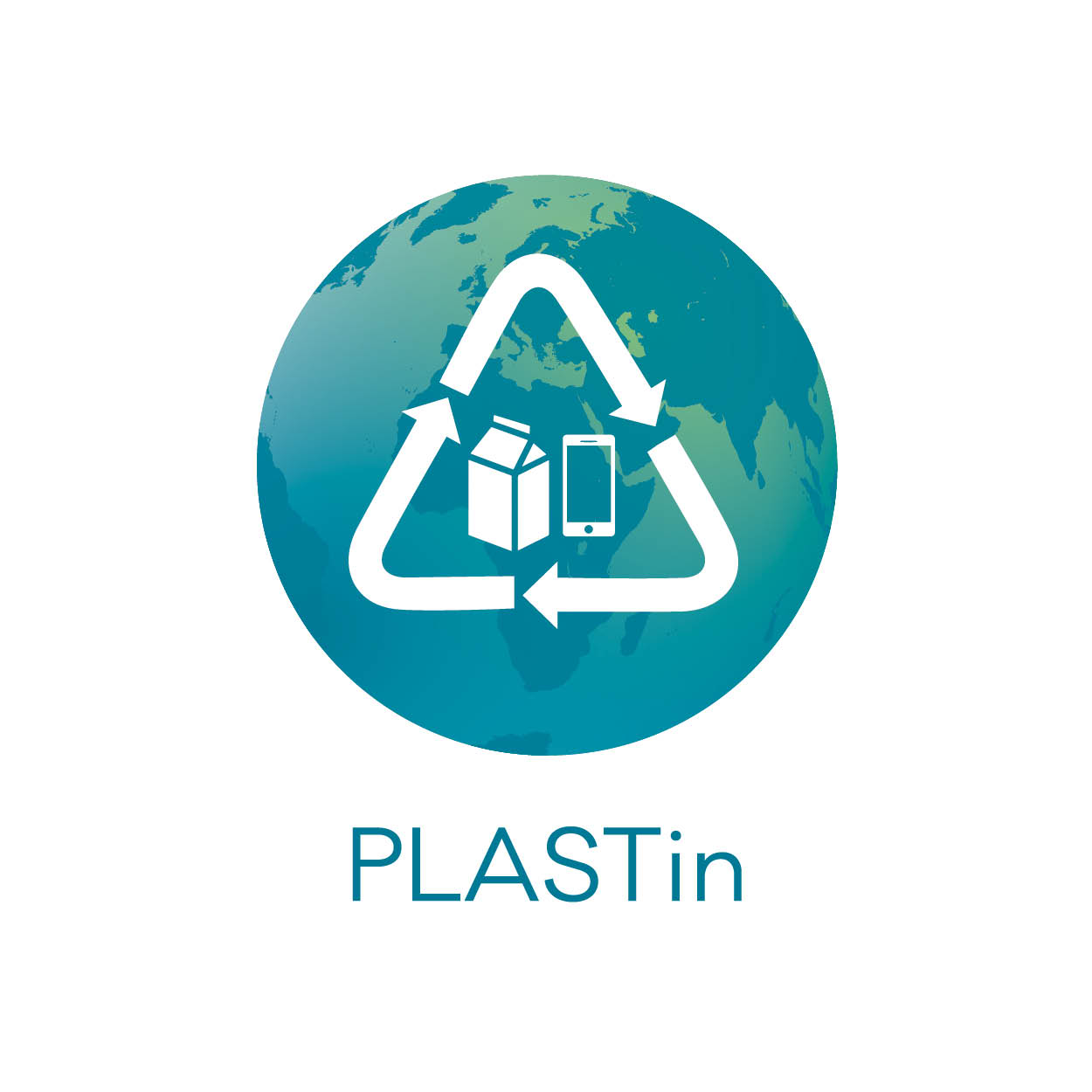ALL-IN for Plastics Recycling – PLASTin
Background
The world economy is largely based on fossil raw materials. Plastics have many good and important qualities, which is why they are used so much and why they have a key role in our economy. In 2018, the global production of plastics was 359 million tonnes (Source: Plastics Europe – the Facts 2019).
In Europe, around 26 million tonnes of consumer plastic waste is generated annually. Currently, only about one third of this is collected for recycling, and it is estimated that 150 000 – 500 000 tonnes of plastics end up in the seas every year. Moreover, only part of the recovered plastic waste ends up in a reject that ultimately is incinerated or landfilled (Source: EU Plastics Strategy 2018).
We are facing a Plastic Challenge. There is a huge improvement potential related to developing sorting, separation and recycling technologies and processes. Responding to this challenge is part of promoting a circular economy.
Challenges with plastics are related to the use, disposal and recycling of plastics. For some plastics there are no circulation system. Some plastic streams are extremely difficult and expensive to recycle. Therefore, much of the plastic ends up in landfills, to low-efficiency incineration, or freely into the environment.
Major sectors using plastics include packaging sector with 40 % and liquid packaging board being the fastest growing sector in liquid packaging and having serious challenges in layer separation, and electronics sector with 6% – being the fastest growing sector worldwide and containing toxic substances.
There is an urgent need to improve the valorisation rate of End-of-Life plastics with technological innovations in order to meet future environmental requirements. Improving the recycling rates of plastic waste requires new and improved technological solutions, both for mechanical and for chemical recycling processes. These are needed to better control challenging materials, mainly additives in plastics, as well as to better process so-called multilayer materials.
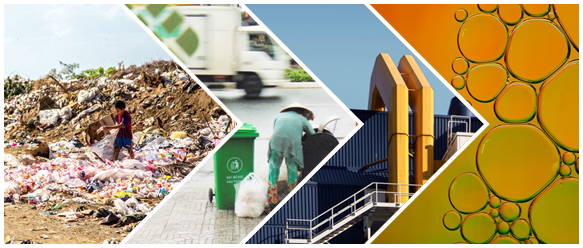
Objectives
The ALL-IN for Plastics Recycling (PLASTin) is established to help the plastics industry actors to develop systemic, and environmentally optimized recycling concepts for selected challenging plastics streams including plastics from liquid packaging board (LPB), and plastics from WEEE.
The vision of the project is to help Finnish industry to take a lead in recycling these challenging streams and turn the challenges into new business opportunities of the plastic cluster in Finland.
This is achieved with the new knowledge gained about recycling processes and technologies such as sorting, pre-treatment, mechanical treatment and reject handling, and about system-level understanding, allowing improved business opportunities based on recycling. By this way, we promote the circular economy.
The project is scheduled from 1.3.2020 to 31.5.2022.
Work content
The PLASTin project approaches the business opportunities from three perspectives organised in Work Packages (WPs):
WP1: Market system and shaping – focusing on assessing future recovered plastic waste flows considering foreseeable changes in packaging material, recovery systems and legislation, and studying how an environmentally optimized system for scalable plastics recycling could be designed together with their acceptance and regulatory environment.
WP2: No-waste recycling – providing necessary information on the economically and environmentally optimal collection and pre-treatment concepts, systems and technologies.
WP3: Recycling of challenging plastic fractions – studying the ways to recycle multilayer plastics, such as liquid packaging board plastics, and plastics from WEEE in an economical manner.
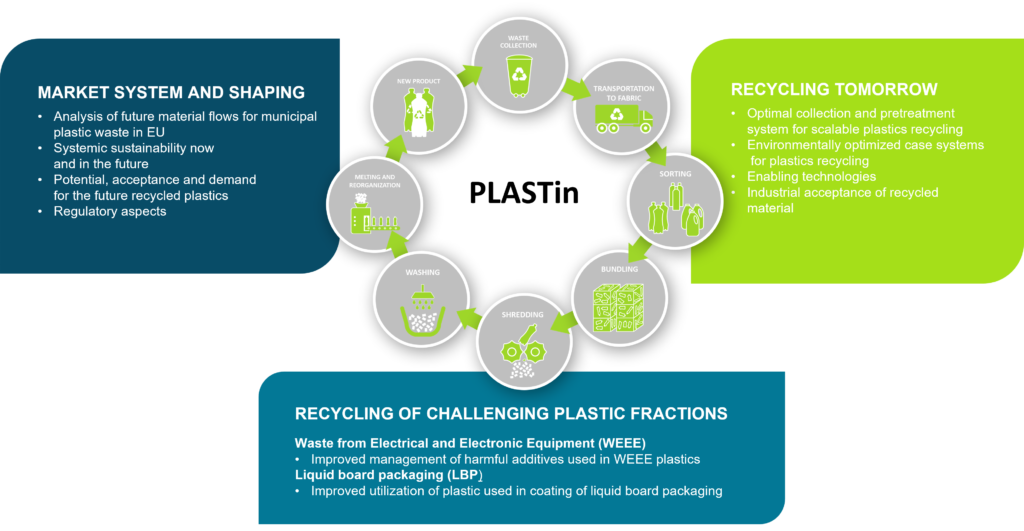
In co-operation with
PLASTin is a Business Finland funded co-innovation project.
The industrial partners, called as core partners, include BMH Technology Oy, Borealis Polymers Oy, Fortum Waste Solutions Oy and Kuusakoski Oy.
The industrial partners, called as collaborative partners, include Neste Oyj, Griffin Refineries Oy, Rosk’n Roll Oy, Muovipoli Oy and Suomen Uusiomuovi Oy.
The research organisations taking part in the consortium are Finnish Environment Institute (SYKE), Lappeenranta-Lahti University of Technology (LUT), Tampere University (TUNI), VTT Technical Research Centre of Finland (VTT) and Arcada University of Applied Sciences (Arcada).
Project is coordinated by CLIC Innovation.
Contact
If you are interested in knowing more about the PLASTin activities, please contact
Tiina Malin: tiina.malin@kuusakoski.com, +358 40 635 0068, Chairman of the Steering Group
Mika Horttanainen: mika.horttanainen@lut.fi,+358 40 848 5850, Director of the public project
Pirjo Kaivos: pirjo.kaivos@clicinnovation.fi, +358 40 540 1796, Coordinator of the PLASTin
